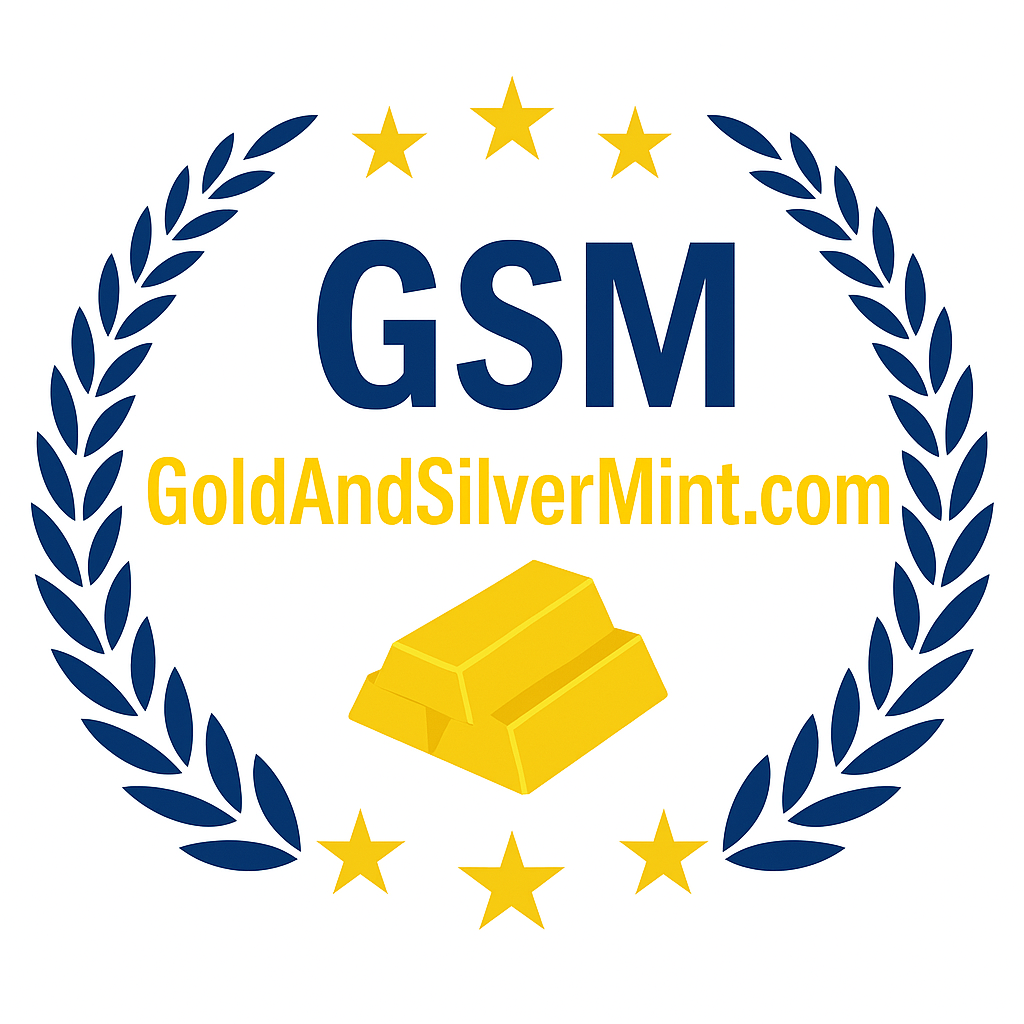What are Central Banks?
An institution that manages a state’s currency, money supply, gold supply, and interest rates. Also known as a reserve bank or a monetary authority. Gold-backed currency is disallowed for countries in the Internal Monetary Fund (IMF). Central banks collectively purchase 15% of gold produced annually.
It is the primary function of a central bank to manage financial policy and systems for nation-states or groups of nations including controlling the money supply and setting interest rates. They are generally not impacted by market forces. Some central banks are under the public ownership of a government, but most central banks are non-governmental entities and are therefore considered apolitical. However, even if a central bank is not under the ownership of a government, it benefits by having its institutions and regulations protected by law.
Central banks have the power to manage member banks through regulations that set how much assets they can have on hand. Since central banks have the power to set interest rates and control the supply of money in a country, many traders and investors will monitor the activity of central banks.
Some of the worlds largest and most influential central banks include the following:
- The Federal Reserve System: United States
- Bank of Canada: Canada
- European Central Bank: European Union
- Bank of England: United Kingdom
- Bank of Japan: Japan
- Reserve Bank of India: India
- South African Reserve Bank: South Africa
Central banks can raise and lower interest rates to stimulate or slow growth, to simulated consumer spending, or to avoid inflation. In addition, the central bank acts as an emergency lender to commercial banks and other financial institutions that are in trouble and in some cases distressed governments. Central banks aid floundering governments by acquiring government debt. They also provide loans and services for member governments and maintain foreign exchange reserves.
What people ask…
Which one of the following central banks is the world’s oldest central bank?
Which central banks are privately owned?
Which countries have central banks?
Does the US have a central bank?
See Also…
Mint, International Monetary Fund (IMF)
Back to All Terms
